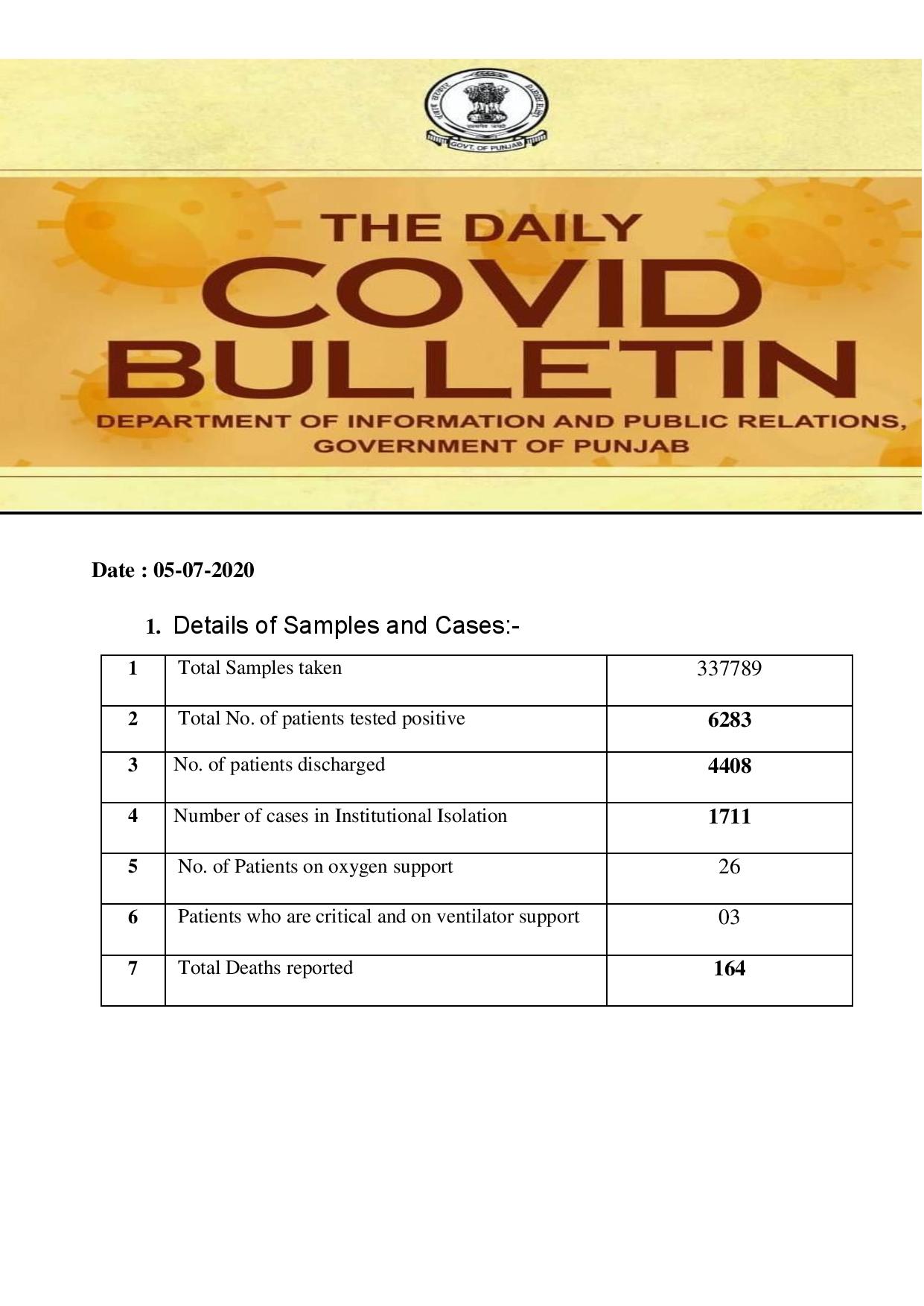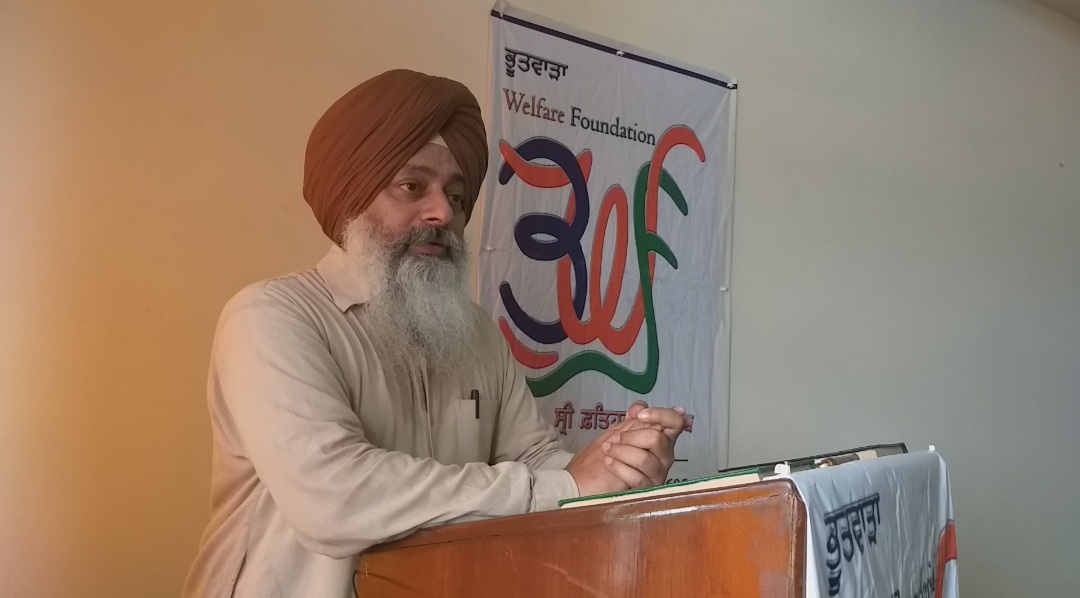Game Theory’s Reality Check: A Struggle Beyond the Textbook-Yadav
Ramsagar Yadav/ August 22,2023
Game Theory, a field born from the intellectual endeavours of brilliant minds like John Nash, has captivated academia and intrigued experts across diverse disciplines. The legacy of Nash, portrayed in the iconic film “A Beautiful Mind,” exemplified the potential of Game Theory to revolutionize our understanding of strategic interactions. However, as the ivory tower walls of theory meet the complexities of real-world dynamics, a stark reality emerges: Game Theory’s struggle to bridge the gap between the classroom and reality.
In the realm of academic theories, few have garnered as much praise and attention as Game Theory. Yet, as we examine its application in the context of a rapidly evolving world, it becomes painfully evident that this once-revered theory grapples to reconcile its idealized models with the intricate realities of decision-making and strategy.
At its core, Game Theory seeks to analyze the strategic interactions among rational decision-makers—a concept foundational to Nash’s ground-breaking contributions. Promising insights spanning economics to politics, Game Theory’s allure lies in its potential to decipher complex scenarios. However, its Achilles’ heel lies in its oversimplification of human behaviour, assuming unwavering rationality even when emotions, biases, and incomplete information sway decisions. The theory’s fixation on the “rational actor” archetype proves inadequate when confronting the nuances inherent in real human decision-making.
Moreover, Game Theory’s reliance on static models falls short of capturing the dynamic evolution of strategies over time—a limitation contrasting starkly with the intricate dance of real-world interactions. While textbooks present its concepts, the theory’s inability to account for changing circumstances and the influence of past decisions tarnishes its capacity to guide actual decision-makers. This rigidity becomes apparent when attempting to apply Game Theory in practice, with the chasm between predictions and real-world outcomes growing ever wider.
The convenience of textbook presentations belies the Herculean task of accurately quantifying payoffs and probabilities. This simplification often results in models bearing scant resemblance to reality, thereby questioning the reliability of the theory’s predictions. When confronted with practical scenarios, Game Theory’s divergence from real-world outcomes becomes a glaring flaw.
Moreover, its application to large-scale, global issues exposes a gaping vulnerability. Success hinges on the unrealistic assumption of perfect information among decision-makers, an assumption that crumbles in a world rife with information asymmetry, misinformation, and concealed agendas. From diplomatic negotiations to environmental talks, Game Theory’s failure to encompass the intricate interplay of diverse actors diminishes its practical relevance.

As the gap widens between Game Theory’s idealized construct and the chaotic reality it purports to explain, the need for a critical re-evaluation becomes evident. While valuable within controlled environments, the theory’s inability to accommodate the complexities of human behaviour, dynamic interactions, and incomplete information undermines its practical application. With the legacy of John Nash as a reminder of both the potential and pitfalls of Game Theory, we must stride forward with discernment, acknowledging its limitations, and seeking innovative frameworks to navigate the multifaceted landscapes of decision-making and strategy.
Game Theory’s Reality Check: A Struggle Beyond the Textbook-Yadav. References:
- von Neumann, John (1959). “On the Theory of Games of Strategy”. In Tucker, A. W.; Luce, R. D. (eds.). Contributions to the Theory of Games. Vol. 4. Translated by Bargmann, Sonya. Princeton University Press.
- Shapley, Lloyd S.; Shubik, Martin (1 January 1971). “Game Theory in Economics: Chapter 1, Introduction, The Use of Models”.
- “The Strategy of Conflict” by Thomas Schelling (1960)
- “The Limits of Game Theory” by Robert Axelrod (1984)
- Kreps, David M. (1990). Game Theory and Economic Modelling.
- Myerson, Roger B. (1991). Game Theory: Analysis of Conflict. Harvard University Press. ISBN 9780674341166.
- “Game Theory for Applied Economists” by David Kreps (1990)
- Osborne, Martin J. (2000). An Introduction to Game Theory. Oxford University Press.
- Faysse, Nicolas (2005). “Coping with the tragedy of the commons: game structure and design of rules”. Journal of Economic Surveys. 19 (2): 239–261.
- “The Perfect Signal: How to Persuade People Using Psychology, Game Theory, and Neuroeconomics” by Dan Ariely (2010)
- “Misbehaving: The Making of Behavioral Economics” by Richard Thaler (2015)
- von Neumann, John; Morgenstern, Oskar (8 April 2007). Theory of Games and Economic Behavior. Princeton University Press. ISBN 978-0-691-13061-3.
About the Author:
Ramsagar Yadav, a distinguished figure in both academia and journalism, holds the position of Ph.D. Research Scholar in Mathematical Sciences. With a significant presence in the realm of Science, Technology, and Education reporting, Yadav is renowned for his incisive and critical writings. For inquiries and further engagement, he can be reached at +91 9768036761.
Disclaimer:
The article “Game Theory’s Reality Check: A Struggle Beyond the Textbook” reflects the author(s)’ opinions and not necessarily those of this Web Portal or its editors. The views expressed are of the author. References provided are for informational purposes and not an endorsement. Readers should critically evaluate the content, consult other sources, and make their own judgments. royalpatiala.in Web Portal is not accountable for the accuracy, completeness, or outcomes of the information. Readers assume responsibility for their decisions based on the article.












